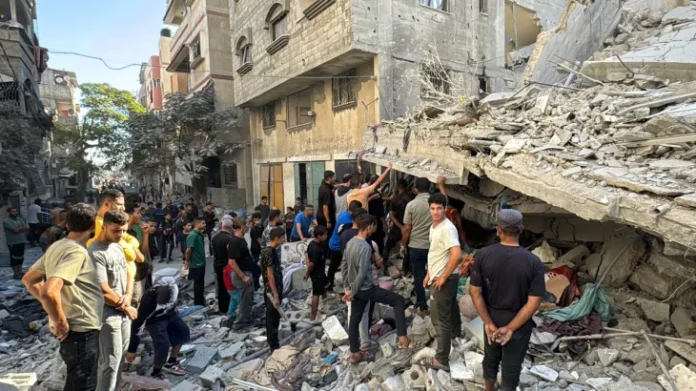At least 87 people have been killed and over 40 injured in an Israeli airstrike on Beit Lahia in northern Gaza, as fighting intensifies between Israel and Hezbollah in Lebanon. According to the Gaza Ministry of Health, the number of casualties from the Saturday night strike includes 27 bodies that have been recovered and an estimated 60 people trapped under the rubble. The figures provided by local hospitals, including Kamal Adwan Hospital, corroborate these numbers, though independent confirmation has not yet been possible.
The latest escalation comes as Israel continues its military operations in both Lebanon and Gaza. In southern Lebanon, the Israeli military claims to have killed over 65 Hezbollah fighters within the past 24 hours, with reports of “face-to-face” combat in some instances. Meanwhile, Gaza has witnessed a surge in Israeli offensives targeting Hamas strongholds in the northern region, particularly in areas where Israeli forces believe the group is regrouping after earlier strikes.
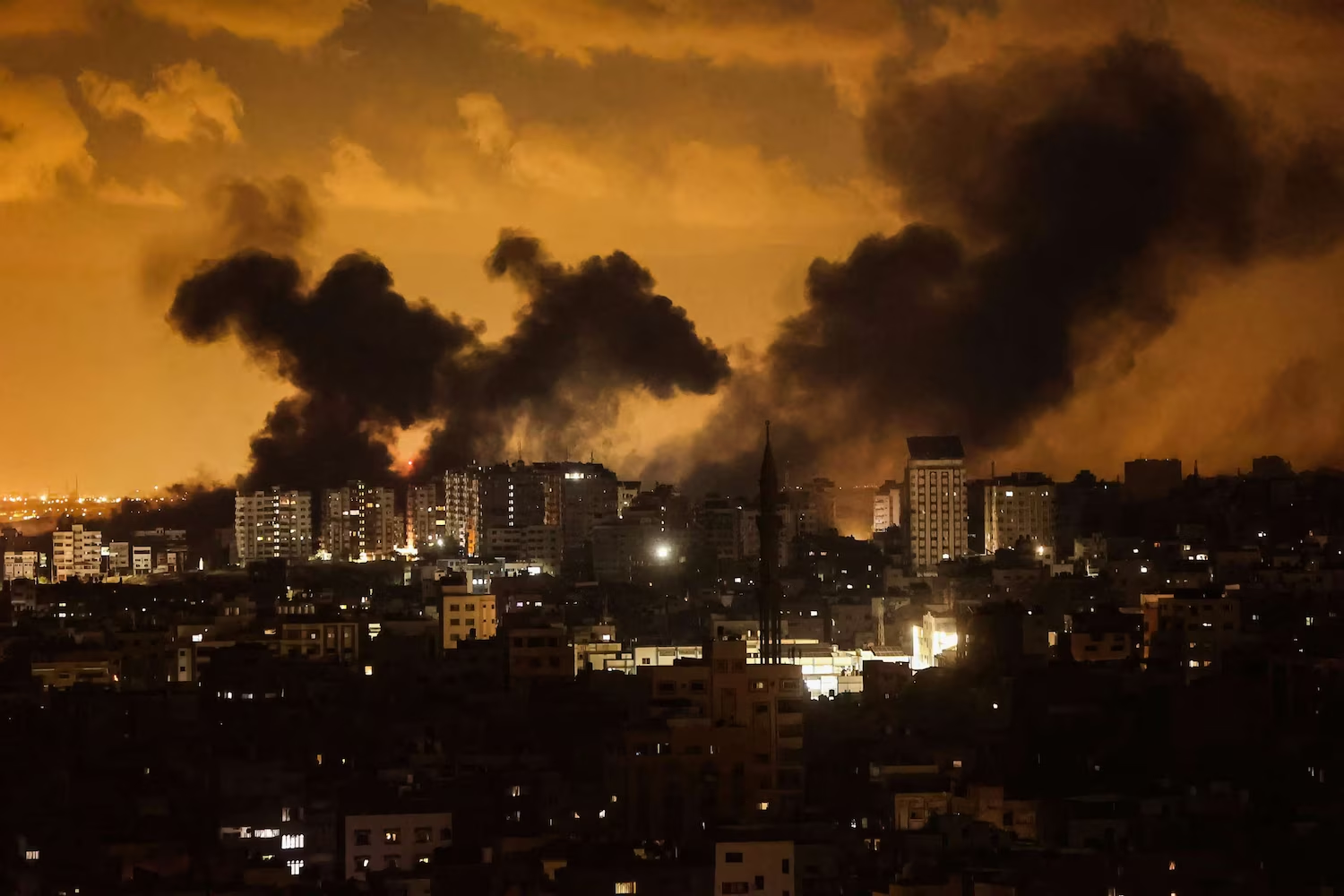
Medical Crisis in Northern Gaza
Doctors in northern Gaza are grappling with a severe shortage of medical supplies and critical medications. Kamal Adwan Hospital, which has been treating many of the casualties from the Beit Lahia strike, is at the forefront of this crisis. Dr. Maher Shamiya, a physician at the hospital, described the situation as “dire,” citing a critical shortage of emergency medications and anesthesia, which are urgently needed for operating rooms. Dr. Shamiya emphasized that the hospital staff, who have been working non-stop since the escalation of violence, are “very exhausted.”
The humanitarian situation in Gaza has continued to worsen with limited access to essential services, and medical workers are warning that without immediate aid, the consequences could be catastrophic.
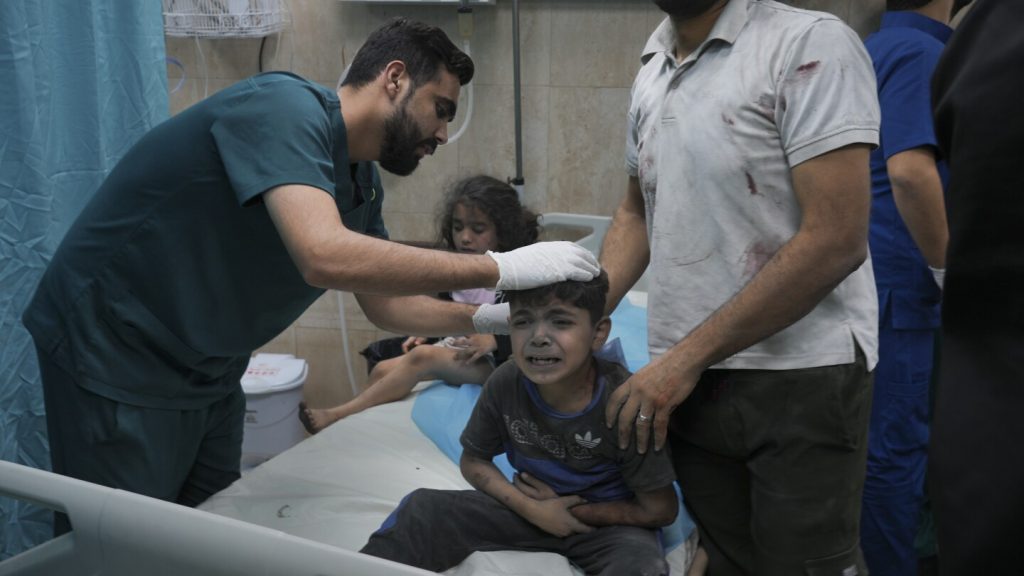
Oxfam Condemns Deaths of Water Engineers
The humanitarian organization Oxfam has condemned the killing of four water engineers in Gaza, warning that their deaths could exacerbate the already dire humanitarian crisis in the enclave. The engineers were reportedly killed on Saturday while working to maintain Gaza’s fragile water infrastructure. Oxfam, which partners with local organizations to deliver essential services in the region, stressed that these workers were crucial to keeping water and sanitation systems functioning amidst the ongoing violence. Their loss, the charity said, will severely hamper efforts to provide clean water to Gaza’s residents, who are already suffering from shortages of basic necessities.
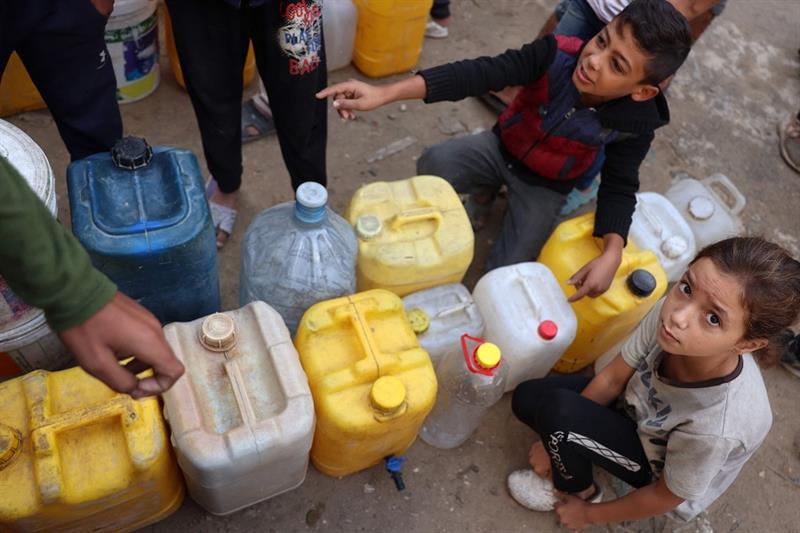
Escalation in Southern Lebanon
As Israel continues its offensive in Gaza, the situation in southern Lebanon is also deteriorating. Over the past 24 hours, the Israeli military has reported killing more than 65 Hezbollah fighters in the region. In retaliation, Hezbollah launched a barrage of approximately 70 rockets from southern Lebanon into northern Israel on Sunday morning. The rockets targeted the Western Galilee and Upper Galilee regions, prompting air raid sirens and heightened tensions along the Israel-Lebanon border.
The cross-border exchanges have raised fears of a broader conflict between Israel and Hezbollah, which could have severe repercussions for the region as a whole.
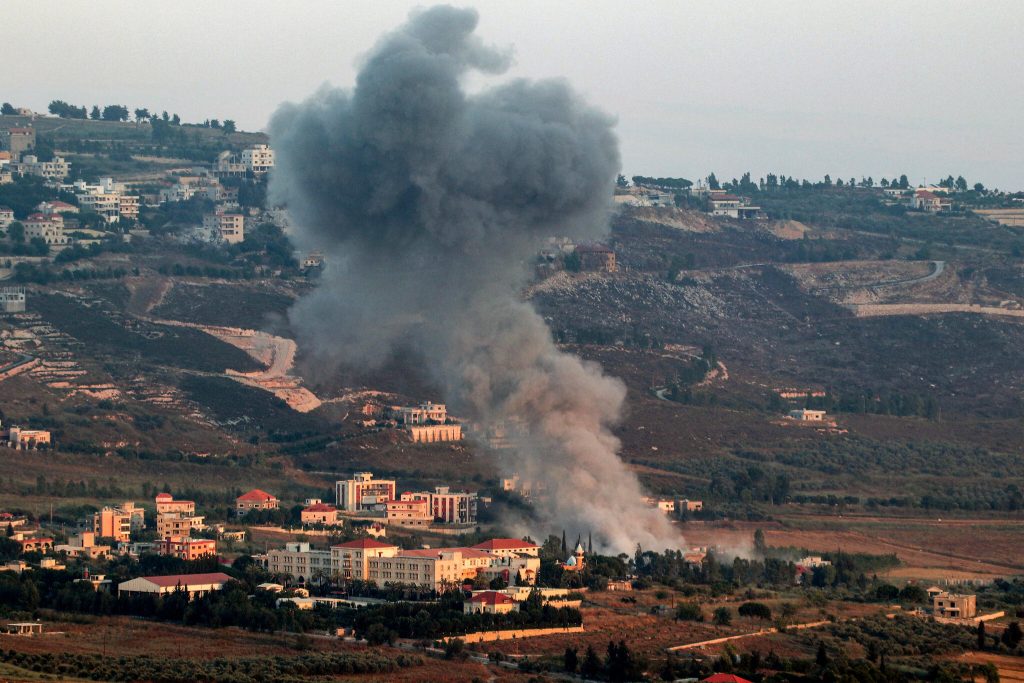
Renewed Offensive in Northern Gaza
Israel has renewed its military operations in northern Gaza, focusing on areas where Hamas is believed to be regrouping. According to Israeli military officials, the recent airstrikes have been part of a broader effort to weaken Hamas’s ability to launch attacks and reorganize its fighters. In the northern part of Gaza, which has been one of the hardest-hit areas, fighting has intensified as Israeli forces target strategic locations believed to be controlled by Hamas.
Civilians in northern Gaza remain trapped, and local authorities are struggling to cope with the influx of casualties, further complicating efforts to provide adequate medical care to those injured in the strikes.
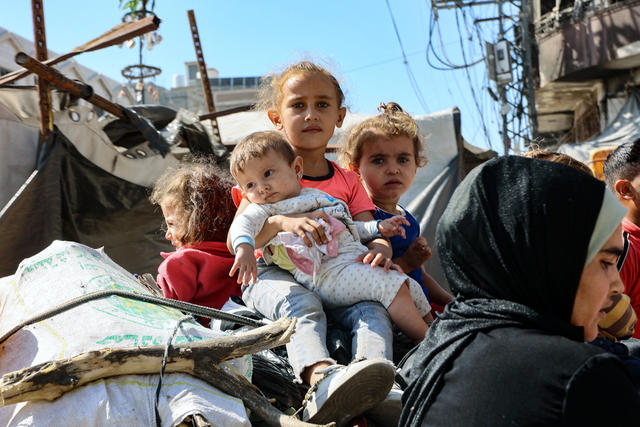
Polio Vaccination Campaign Faces Challenges
Despite the ongoing violence, the United Nations has pressed forward with its polio vaccination campaign in southern Gaza. The World Health Organization (WHO) announced that as of Saturday, more than 145,000 children under the age of 10 have received their second dose of the polio vaccine. The campaign, aimed at preventing a polio outbreak in the region, has been facilitated by temporary pauses in fighting agreed upon by both the Israeli military and local groups.
However, the vaccination drive has not been without its challenges. Local health workers have faced significant obstacles, including disruptions caused by airstrikes and limited access to medical supplies. Nevertheless, the WHO has vowed to continue its efforts to protect vulnerable children in Gaza.
Hezbollah and Israel Continue Battle for Control
The ongoing fighting between Israel and Hezbollah in southern Lebanon shows no signs of easing. Israeli forces have been engaged in heavy clashes with Hezbollah fighters over the past day, leading to significant casualties on both sides. According to Israeli military reports, many of the Hezbollah fighters killed were involved in close combat, suggesting that ground operations are intensifying.
Hezbollah’s rocket barrage on northern Israel on Sunday marks one of the most significant escalations in the conflict so far, raising fears that the fighting could spill over into a wider regional conflict.
Fuel and Medicine Shortages Amplify Crisis in Gaza
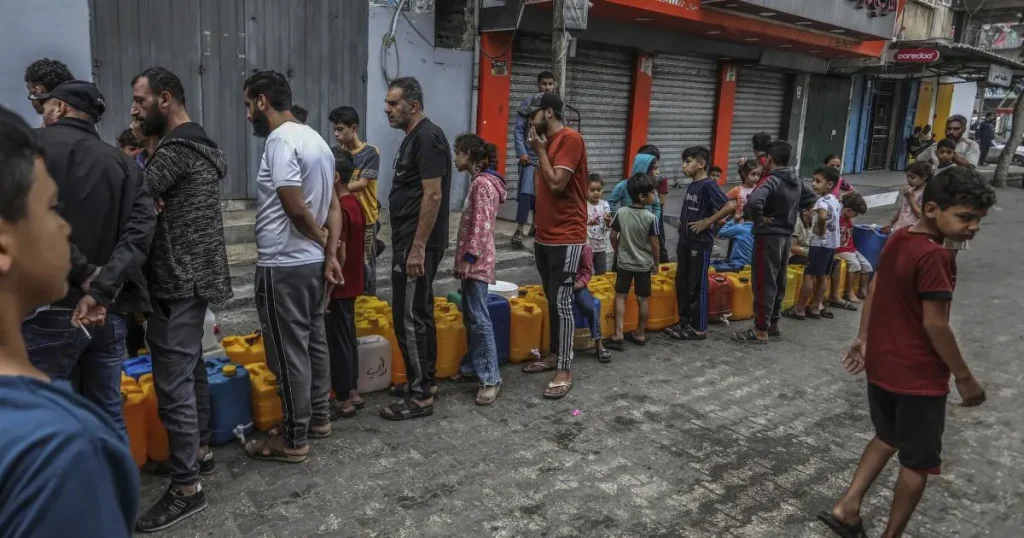
In addition to the growing death toll, Gaza is facing severe shortages of essential supplies, including fuel and medicine. Hospitals and clinics across the enclave are struggling to operate without a steady supply of electricity and medical resources. Aid organizations have warned that unless more supplies are allowed into Gaza, the humanitarian situation will continue to deteriorate, putting thousands of lives at risk.
The ongoing blockade and restrictions on movement have made it nearly impossible to bring in much-needed supplies, further exacerbating the crisis.
Protests Erupt in Havana Over Power Crisis
As fighting intensifies in Gaza and southern Lebanon, international attention is also focused on Cuba, where a series of protests broke out over the weekend in response to widespread power outages. The island’s national electrical grid collapsed for the third time in 48 hours, plunging millions into darkness. Cuban authorities are struggling to restore power amid a worsening economic and humanitarian situation.
Protesters took to the streets of Havana, demanding action from the government to address the persistent outages, which have left many residents without electricity for days. The Cuban government has blamed the U.S. trade embargo for its inability to repair the aging infrastructure.
Calls for International Mediation Grow
As the situation in Gaza and Lebanon worsens, calls for international mediation have intensified. Various governments and international organizations have urged Israel and Hezbollah to agree to a ceasefire to prevent further civilian casualties. However, both sides have so far shown little willingness to halt their operations, with each claiming the other is responsible for the escalation.
The international community is watching closely as the conflict threatens to spiral into a broader regional war, with significant implications for the Middle East.

